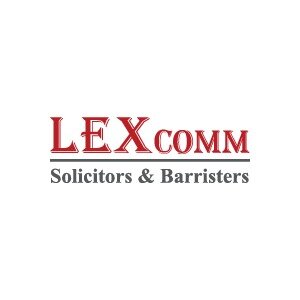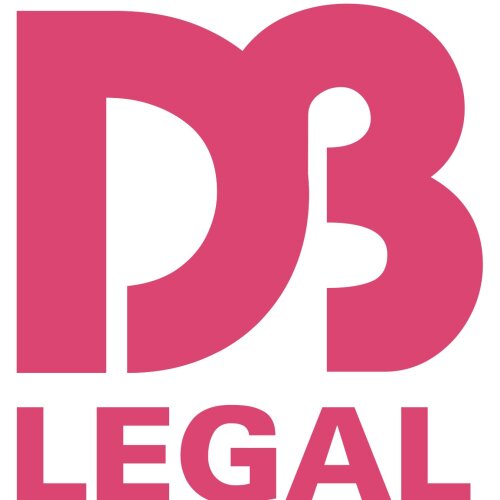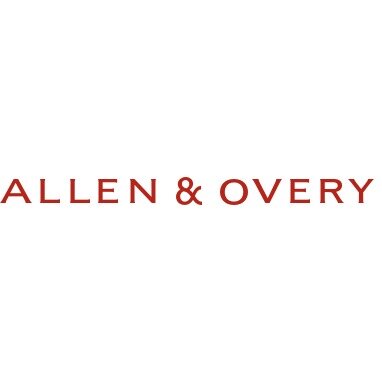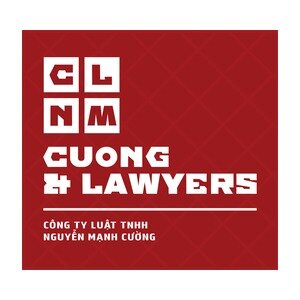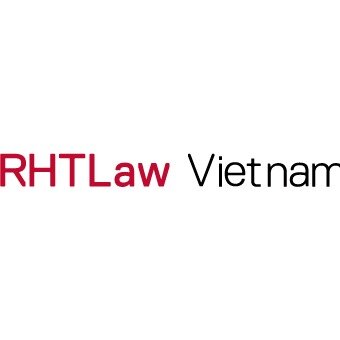Best Mining Law Lawyers in Hanoi
Share your needs with us, get contacted by law firms.
Free. Takes 2 min.
List of the best lawyers in Hanoi, Vietnam
About Mining Law in Hanoi, Vietnam
Mining Law in Hanoi, Vietnam refers to the body of laws, regulations, and legal practices governing the exploration, extraction, processing, and rehabilitation of mineral resources in the city and its surrounding areas. The laws are primarily rooted in the national framework established by the Law on Minerals and are further guided by various governmental decrees and local directives. These legal provisions are designed to ensure that mining activities are conducted in a controlled and environmentally responsible manner, balancing economic growth with the need to protect community health, safety, and the environment.
Why You May Need a Lawyer
Navigating the complexities of Mining Law in Hanoi can be a challenge for individuals or businesses considering involvement in mining activities. Some common situations where legal advice may be necessary include:
- Applying for or renewing mining licenses and permits
- Understanding land use rights and negotiating with local authorities or landowners
- Complying with environmental protection and rehabilitation obligations
- Dealing with disputes over mineral rights or mining boundaries
- Foreign investment in the mining sector and cross-border transactions
- Transferring or assigning mining rights or interests
- Facing regulatory investigations or potential penalties for non-compliance
A lawyer with experience in Vietnamese Mining Law can offer guidance, protect your interests, and ensure compliance with all relevant legal obligations.
Local Laws Overview
The legal landscape for mining in Hanoi is shaped by both national and local legislation. Key features include:
- Licensing Requirements: All mineral exploration and extraction activities require prior approval and licensing from competent authorities, mainly the Ministry of Natural Resources and Environment (MONRE) or the Hanoi Department of Natural Resources and Environment for some minerals and smaller projects.
- Land Use and Surface Rights: Mining rights are distinct from land ownership. Operators must secure surface land rights separately and coordinate with landholders.
- Environmental Regulations: Environmental protection is strictly regulated. Mining projects must submit Environmental Impact Assessment (EIA) reports and implement measures to prevent and remedy environmental damage.
- Community and Labor Protections: There are legal requirements regarding occupational safety, community health, and fair labor practices.
- Taxes, Fees, and Royalties: Operators are subject to taxes and royalties based on the type and scale of mineral extraction. Payments to local and central authorities must be diligent and transparent.
- Rehabilitation Obligations: Miners must restore land and mitigate environmental impacts after operations cease, under penalty of fines or other sanctions.
Local variations may apply in Hanoi, particularly regarding zoning, urban development plans, and community agreements.
Frequently Asked Questions
What types of mining activities require a permit in Hanoi?
Any exploration, mining, or extraction of mineral resources in Hanoi requires a permit issued by the competent authority, whether the activity is for commercial or research purposes.
Can foreign investors own mining rights in Hanoi?
Foreign investors can participate in the mining sector in Vietnam, including Hanoi, but must comply with specific ownership structures, investment procedures, and additional reporting obligations.
How do I apply for a mining license?
Applications are made to the Ministry of Natural Resources and Environment or the Hanoi Department of Natural Resources and Environment, with comprehensive documents including technical plans, environmental protection measures, and proof of financial capacity.
What are the main environmental obligations for mining projects?
Operators must prepare Environmental Impact Assessment (EIA) reports, implement pollution control measures, monitor environmental outcomes, and rehabilitate the site after mining operations conclude.
Are there restrictions on mining near residential or protected areas?
Yes, mining is restricted or prohibited in designated residential areas, natural reserves, and areas critical for water supply, as determined by local and national authorities.
What happens if I operate a mine without proper permits?
Illegal mining can result in administrative penalties, financial fines, confiscation of equipment, suspension of operations, and possible criminal charges.
Can mining permits be transferred or renewed?
Licenses may be transferred or renewed in accordance with legal procedures, subject to approval from the issuing authority. Regulatory approval is required before any transfer or extension.
What taxes or royalties apply to mining operations in Hanoi?
Operators pay mineral extraction royalties, environmental fees, and other taxes as prescribed by law, with rates depending on the mineral type and mining volume.
How can land disputes related to mining be resolved?
Mining-related land disputes are usually resolved through negotiation, mediation, or judicial proceedings at competent local courts, sometimes with support from legal advisors or government agencies.
Where can I find the legal documents governing mining in Hanoi?
The main legal documents, such as the Law on Minerals and its implementing decrees, are published by government authorities and are available from the Ministry of Natural Resources and Environment or through official legal databases.
Additional Resources
For those seeking more information or assistance, the following resources may be useful:
- Ministry of Natural Resources and Environment (MONRE) - The central authority for mining licenses and regulations.
- Hanoi Department of Natural Resources and Environment - Local authority for mining in Hanoi.
- Vietnam National Administration of Geology and Minerals - Handles mineral policies and database management.
- Environmental Protection Agency (EPA) - Guides environmental compliance and enforcement in mining.
- Vietnam Bar Federation - To find licensed lawyers specializing in mining and environmental law.
- Local Legal Aid Centers - Offer free or low-cost legal assistance for eligible individuals and small businesses.
Next Steps
If you need legal assistance in relation to Mining Law in Hanoi:
- Define the nature of your issue or project, including its location, scale, and mineral type.
- Gather all supporting documents, such as land use certificates, business licenses, or technical studies.
- Consult with a lawyer or legal expert experienced in Vietnamese mining law and local Hanoi regulations.
- Submit preliminary inquiries to the relevant government agencies if needed.
- Follow the lawyer’s guidance regarding compliance, negotiations with authorities, application preparation, or dispute resolution.
- Monitor deadlines for applications, renewals, and reporting obligations closely to avoid penalties.
Early legal consultation can prevent costly mistakes, help you understand your rights and obligations, and support you through every stage of the mining process in Hanoi, Vietnam.
Lawzana helps you find the best lawyers and law firms in Hanoi through a curated and pre-screened list of qualified legal professionals. Our platform offers rankings and detailed profiles of attorneys and law firms, allowing you to compare based on practice areas, including Mining Law, experience, and client feedback.
Each profile includes a description of the firm's areas of practice, client reviews, team members and partners, year of establishment, spoken languages, office locations, contact information, social media presence, and any published articles or resources. Most firms on our platform speak English and are experienced in both local and international legal matters.
Get a quote from top-rated law firms in Hanoi, Vietnam — quickly, securely, and without unnecessary hassle.
Disclaimer:
The information provided on this page is for general informational purposes only and does not constitute legal advice. While we strive to ensure the accuracy and relevance of the content, legal information may change over time, and interpretations of the law can vary. You should always consult with a qualified legal professional for advice specific to your situation.
We disclaim all liability for actions taken or not taken based on the content of this page. If you believe any information is incorrect or outdated, please contact us, and we will review and update it where appropriate.






